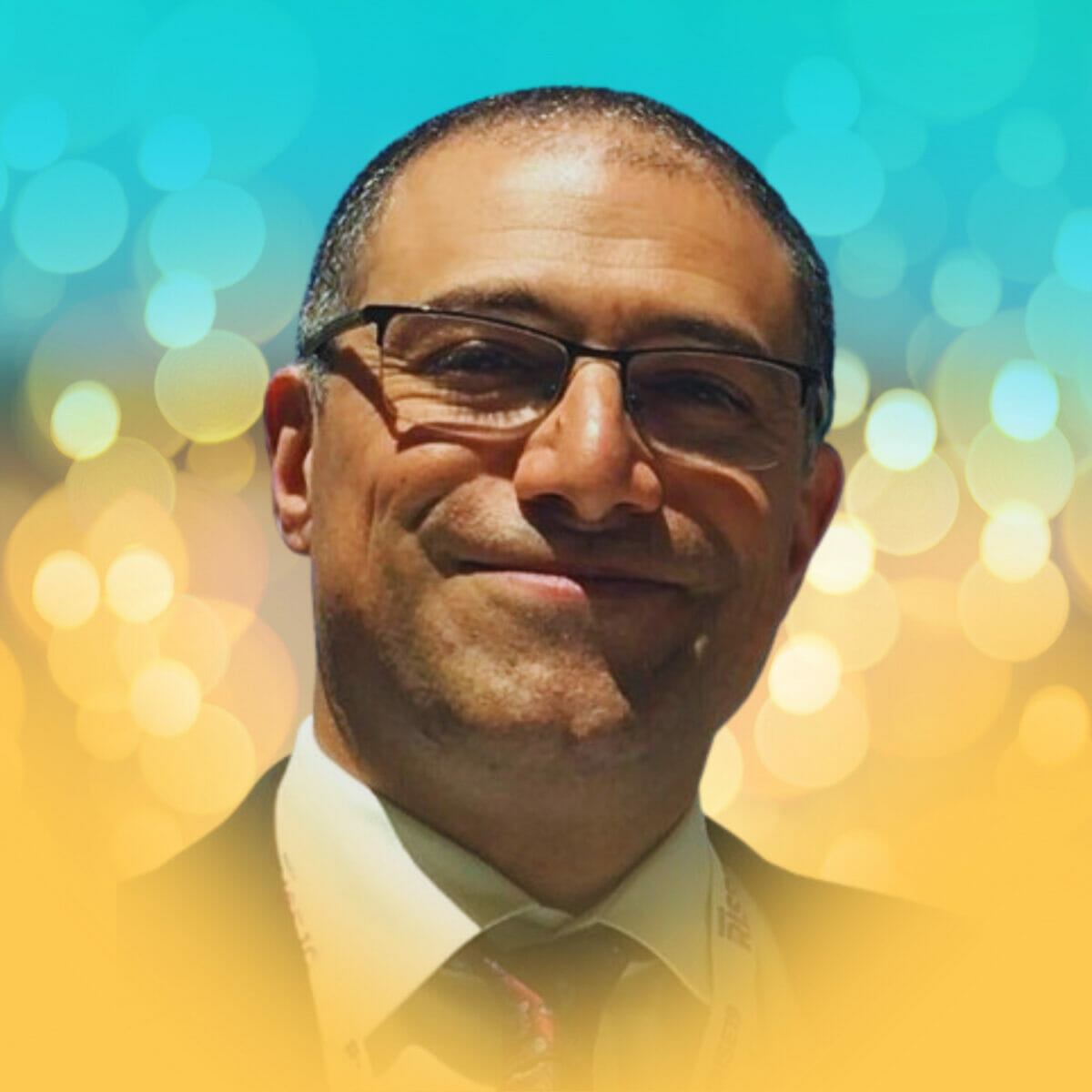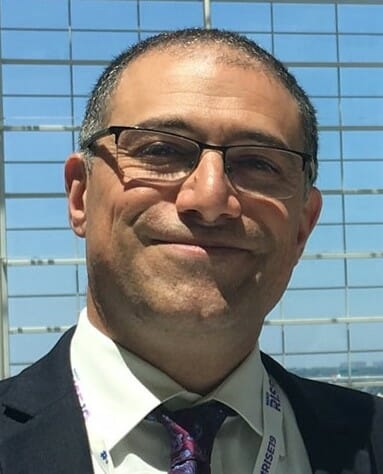
Culture
PT427 – The Philosophy of Law Enforcement, The Criminalization of Self-Directed Behavior, and Transformative Care for Police
July 28, 2023
Featuring: Sarko Gergerian, MS, MHC, CARC
In this episode, Joe interviews Sarko Gergerian, MS, MHC, CARC: a police peer support, community outreach, and health-fitness officer; founding member of the Community and Law Enforcement Assisted Recovery Program (C.L.E.A.R.); and psychotherapist trained in ketamine- and MDMA-assisted psychotherapy.

In this episode, Joe interviews Sarko Gergerian, MS, MHC, CARC: a police peer support, community outreach, and health-fitness officer; founding member of the Community and Law Enforcement Assisted Recovery Program (C.L.E.A.R.); and psychotherapist trained in ketamine- and MDMA-assisted psychotherapy.
Any regular listener of the show should be familiar with how passionately Joe is against the drug war and the resulting policing of what many of us feel should be legal, so this in-person conversation with a police officer who seems to mostly be on our side is pretty refreshing to hear.
Gergerian discusses his entry into the force in his 30s, and what it was like to bring in a healthy “why is this illegal?” viewpoint on drug use and personal agency vs. the slow moving attitudes he saw in much of law enforcement. He talks about how working nightclub security taught him about safe spaces; the problems with officers not proactively moving on actionable information and building relationships with communities; and the very philosophy behind law enforcement: what do they hope to accomplish, do they want to make real change, and do they believe in the laws they’re enforcing?
And they discuss so much more: the need for diversity, cultural competency, and broadness in perspective; the criminalization of self-directed behavior; the effect critical incidents have on officers; drug war paranoia, legitimate concerns over hotlines and sensitive data, and psychedelic culture’s relationships with police; creating a culture of harm reduction within law enforcement, and what it might look like for police officers to receive psychedelic therapy.
Notable Quotes
“I think we, as a country, are more powerful by being diverse, and that includes diverse ways of thinking and that includes diverse ways of coming at challenges. And the more diverse our police departments are – I believe this with all my heart – the stronger we are for it. The stronger policing is for it. And I’m talking all types of diversity. …If we can diversify not only ways of thinking in police, but have a diversity of education and background in policing, then we’ll see some magic happen. Then we’ll see some creativity in how we respond to these very human problems that we all experience.”
“Keeping people alive has to be primary. If you don’t have a person that’s alive, you don’t have the possibility of recovery. So we’re tasked with watching out for one another, making sure people are alive, and whatever relationship they have with intoxicating substances: that’s their personal story, and they’re going to get to their healing journey and their recovery from any out-of-balance relationship in due time – their time.”
“I’ve been trained in [ketamine] and I was able to access it, so I’ve experienced it [at] very low dose (intermuscular). Magical. Magical. And the after effect for a couple of weeks, the reprieve, the relaxed feeling: it was beautiful. It was beautiful. And why shouldn’t our officers who are getting dark be able to access that before they’re pegged with depression? …Why shouldn’t they be able to access that before they put the barrel of the gun in their mouth, by themselves in their police cruiser? Why? Because you need a diagnostic label to access self-care? It makes absolutely no sense to me.”
Links
YouTube: Psychedelics for the Frontlines: A Police Officer on the Healing Potential of MDMA for PTSD


